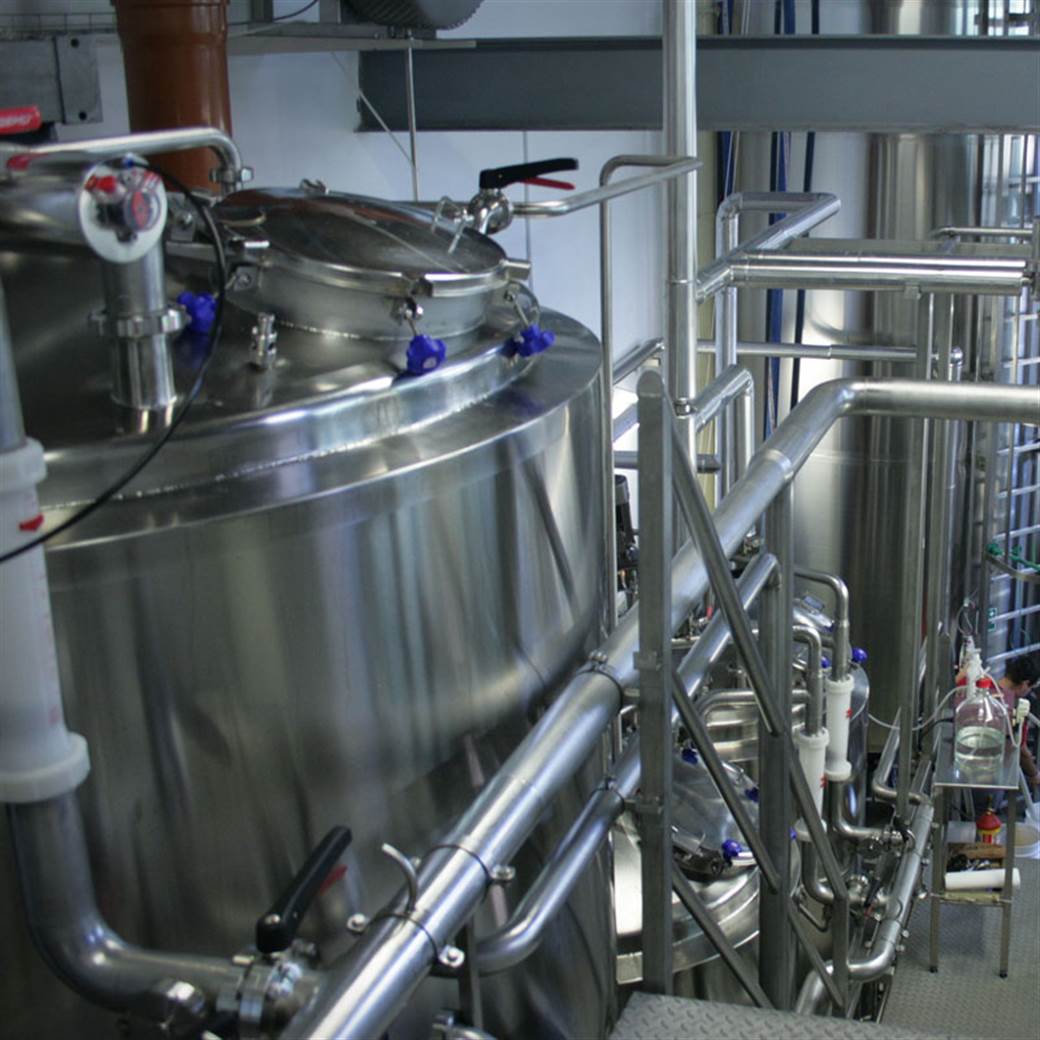‘Industry first’: Genomatica creates bio-based nylon
30/01/2020

The German company teamed up with yarn maker Aquafil at the start of 2018 to create caprolactam, a key ingredient of nylon, from plant-based renewable ingredients.
It claims the bio-based nylon has the potential to reduce greenhouse gas emissions in a $10 billion global industry that produces over five million tons of nylon 6 per year, to make carpet, clothing, car interiors, engineered plastics and food packaging.
“DuPont’s landmark production of nylon eighty years ago introduced a highly versatile staple material to the apparel, textile and engineering product industries,” said Christophe Schilling, CEO of Genomatica.
“It’s a terrific material, and now, with the power of biotechnology, we can reinvent where it comes from. This is a major step forward in offering a new, more sustainable future with a better nylon for the full range of industries it serves.”
The company engineered a microorganism and production process that ferments the sugars found in plants to make the chemical intermediate for nylon 6. This milestone marks Genomatica’s successful scaling of this process to produce one ton of the intermediate. The chemical is then converted into nylon 6 polymer chips and yarn by Aquafil in Slovenia.
Aquafil was the first to join Genomatica’s programme, bringing funding support and nylon-related chemical, quality and market expertise. Additionally, Project EFFECTIVE, a consortium with 12 partners including major brands like H&M, Vaude, Carvico and Balsan, was formed to drive the production of more sustainable bio-based fibers for widely-used consumer products made from renewable feedstocks.











